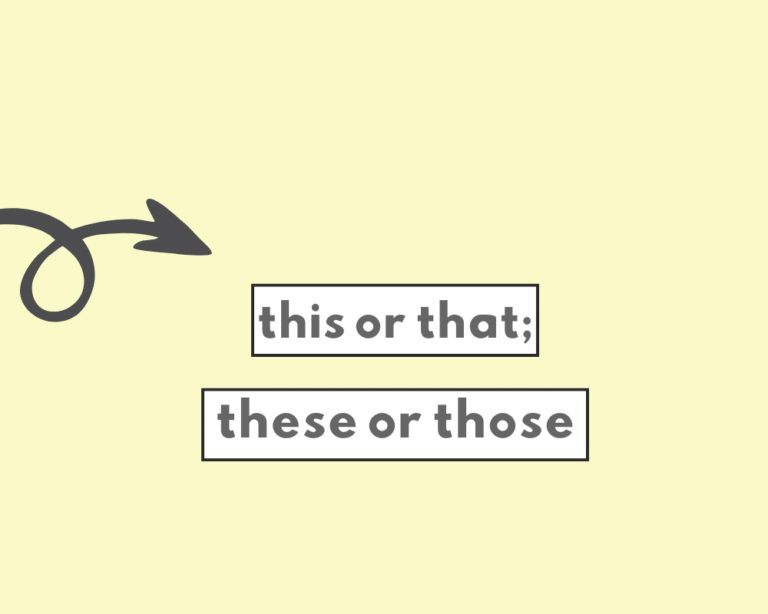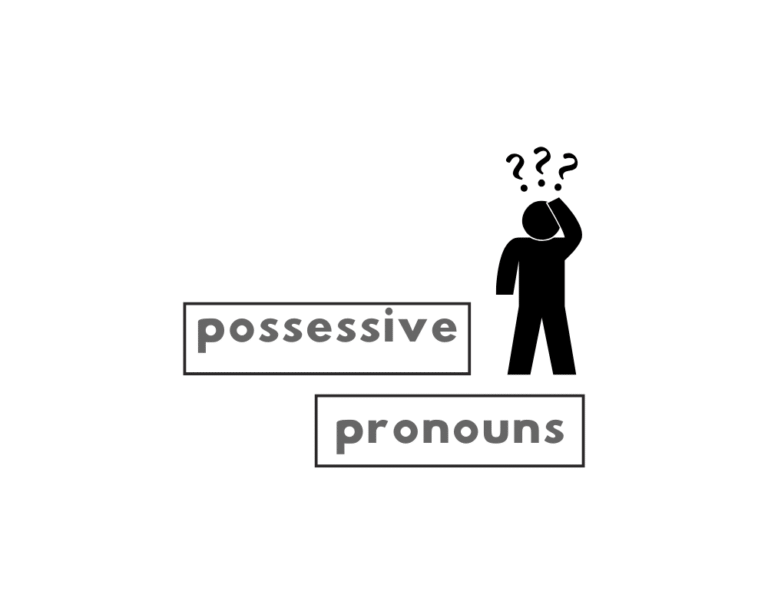Toward and towards (with an ‘s’ at the end) are both correct spellings of the preposition that means “in the direction of somebody/something”.
It could also be taken abstractly, as in, “getting closer to achieving something”, or “closer to a point in time”; e.g., “towards the end of April“.
Toward vs. towards (UK vs. US English)
The spelling form of the past tense of ‘toward’ or ‘towards’ varies based on whether you’re using UK English or US English spelling conventions:
Toward the end of the meeting, she made a powerful statement.
We walked towards the setting sun.
He moved towards the building, but then he changed his mind.
They were heading toward the shore when the storm broke.
- UK English spells “towards” with an ‘s’ at the end.
- US English spells “toward” without ‘s’.
Note: while US English prefers “toward” (with no ‘s’ at the end), towards is still acceptable. The same is also true for UK English and toward without the ‘s’. Style guides usually have a preference between the two spellings, so if. you’re unsure as to which to use in your case, it’s a good rule of practice to consult the guide that’s relevant to your writing purposes.
Other US English and UK English differences
Common spelling differences between UK and US English are apparent across many words and spelling patterns:
Words with -our/-or:
- (UK spelling) colour, honour, flavour, humour, behavior
- (US spelling) color, honor, flavor, humor, behavior.
Words ending in -er and -re:
- (UK spelling) centre, metre, fibre, theatre.
- (US spelling) center, meter, fiber, theater.
Words ending in -ce and -se:
- (UK spelling) defence, offence, licence.
- (US spelling) defense, offense, license.
Generally speaking, when it comes to verb forms, American or US English prefers the standard verb conjugation to the past tense, which uses “ed”.
UK English prefers an irregular verb form, and the older English writing form of verb conjugations, which uses “t” as a past tense and past participle.
| UK spelling | US spelling |
| learnt | learned |
| smelt | smelled |
| spelt | spelled |
| burnt | burned |
| leapt | leaped |
“Toward”/”towards”, used in sentences
| Word Form | Examples |
|---|---|
| Other | The money will go towards/toward a new school building
He was warm and tender towards/toward her. They were heading towards/toward the German border. She had her back towards/toward me. |
“Toward”/”towards”, examples from the media
| Word Form | Examples |
|---|---|
| Other | But the real animus seems directed towards the language changing Dodd-Frank. —Bachmann and Pelosi vs. Boehner and Obama Over Spending Bill. I began walking right, towards my dorm, when I realized I needed to go to the hospital. “People are surprised to find themselves in the street and see Doctor Who walking towards them,” he said. |
“toward” (US) and “towards” (UK), associate the “s” in “towards” with British English.
“Towards”, synonyms
- against
- almost
- approaching
- nearby/nearly
- about
- nearing
Origin of ‘toward’
From Etymonline on toward:
Old English toweard “in the direction of,” prepositional use of toweard (adj.) “coming, facing, approaching,” from to (see to) + -ward.
Learn more about US English vs. UK English
- Which is it: “Favorite” or “Favourite”?
- Is it Spelled Metre or Meter?
- Which is Correct: Honour or Honor?
- Is it “Behaviour” or “Behavior”?
- Is it “Labour” or “Labor”?
- Color or Colour (Which is Correct?)
- Favour or Favor (Which is Correct?)
Worksheet
According to the blog post, which of the following statements about “toward” and “towards” is correct?
In which major variety of English is “toward” (without an ‘s’) typically preferred?
The blog post states that “toward” or “towards” can mean “in the direction of somebody/something”. Which of these is another meaning mentioned?
Based on the blog post’s examples of preferred usage, which sentence is typically considered correct in UK English?
According to the blog post, while one spelling may be preferred in US or UK English, is the *other* spelling ever acceptable?
The dog ran the door when he heard the bell. (Assuming US English preference)
We are working completing the project by the deadline. (Both spellings are correct, but one option is incorrect)
She started walking the town center. (Assuming UK English preference)
The conversation naturally drifted politics. (Both spellings are correct, but one option is incorrect)
The money will go a new school building. (Both spellings are correct; choose one of the two correct options provided based on the post’s examples)
FAQs
Are toward and towards both correct?
+
Which spelling is used in US English?
+
Which spelling is used in UK English?
+
Is it always wrong to use toward/towards?
+
How should I choose between them?
+
Yash, D. "“Toward” or “Towards”? (Spelling, Differences & Examples)." Grammarflex, Jun 25, 2025, https://www.grammarflex.com/toward-or-towards-spelling-differences-examples/.
- Harper, Douglas. “Etymology of toward.” Online Etymology Dictionary Accessed 9 March, 2024.
- Oxford Learner’s Dictionary, toward.










